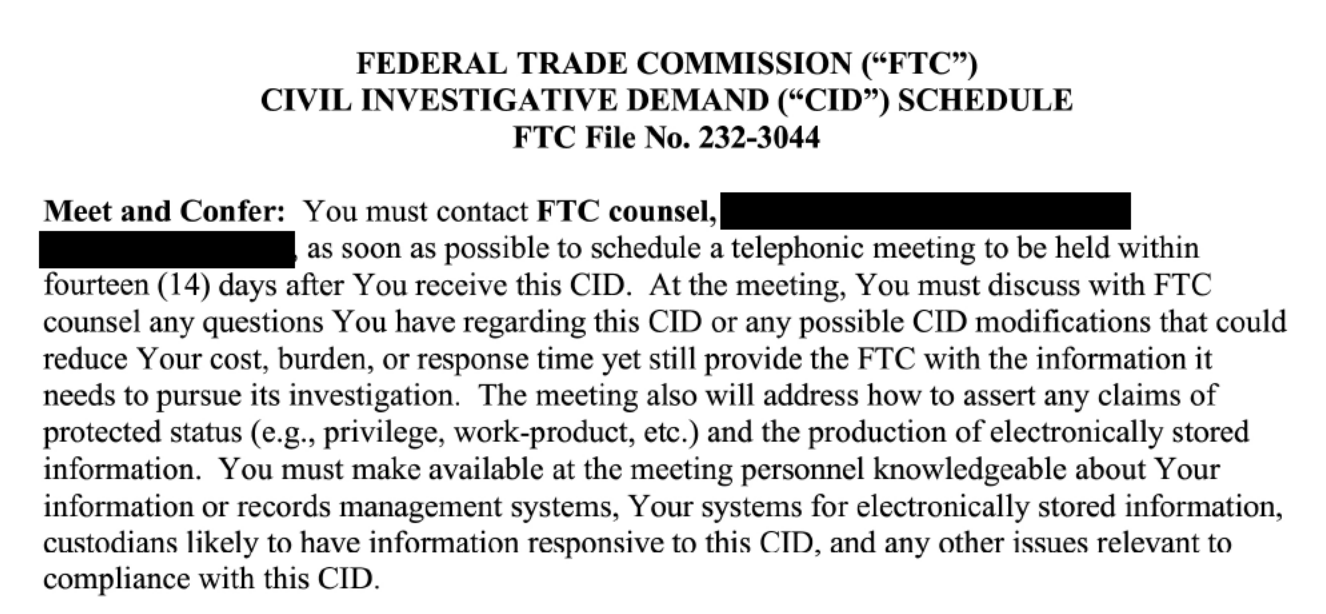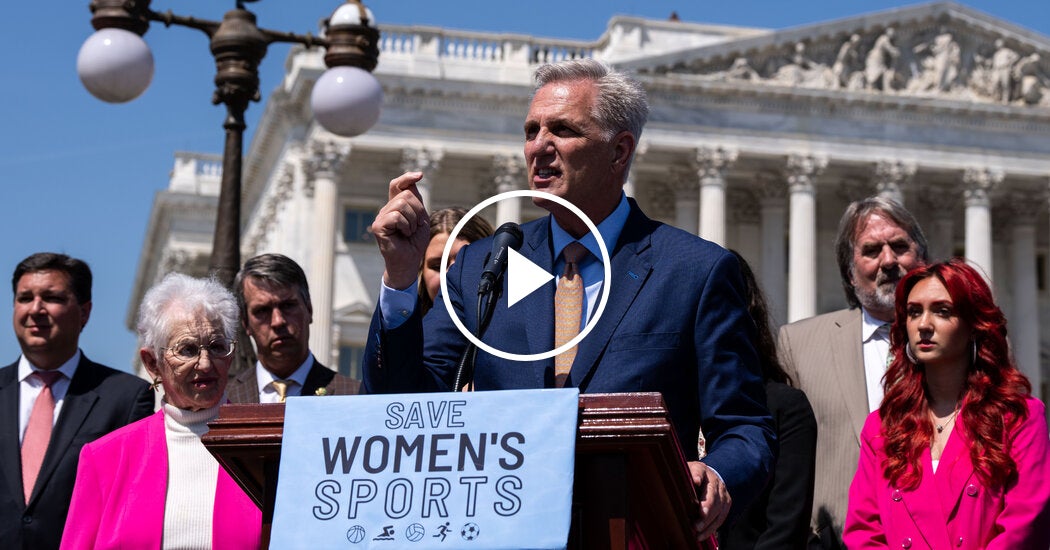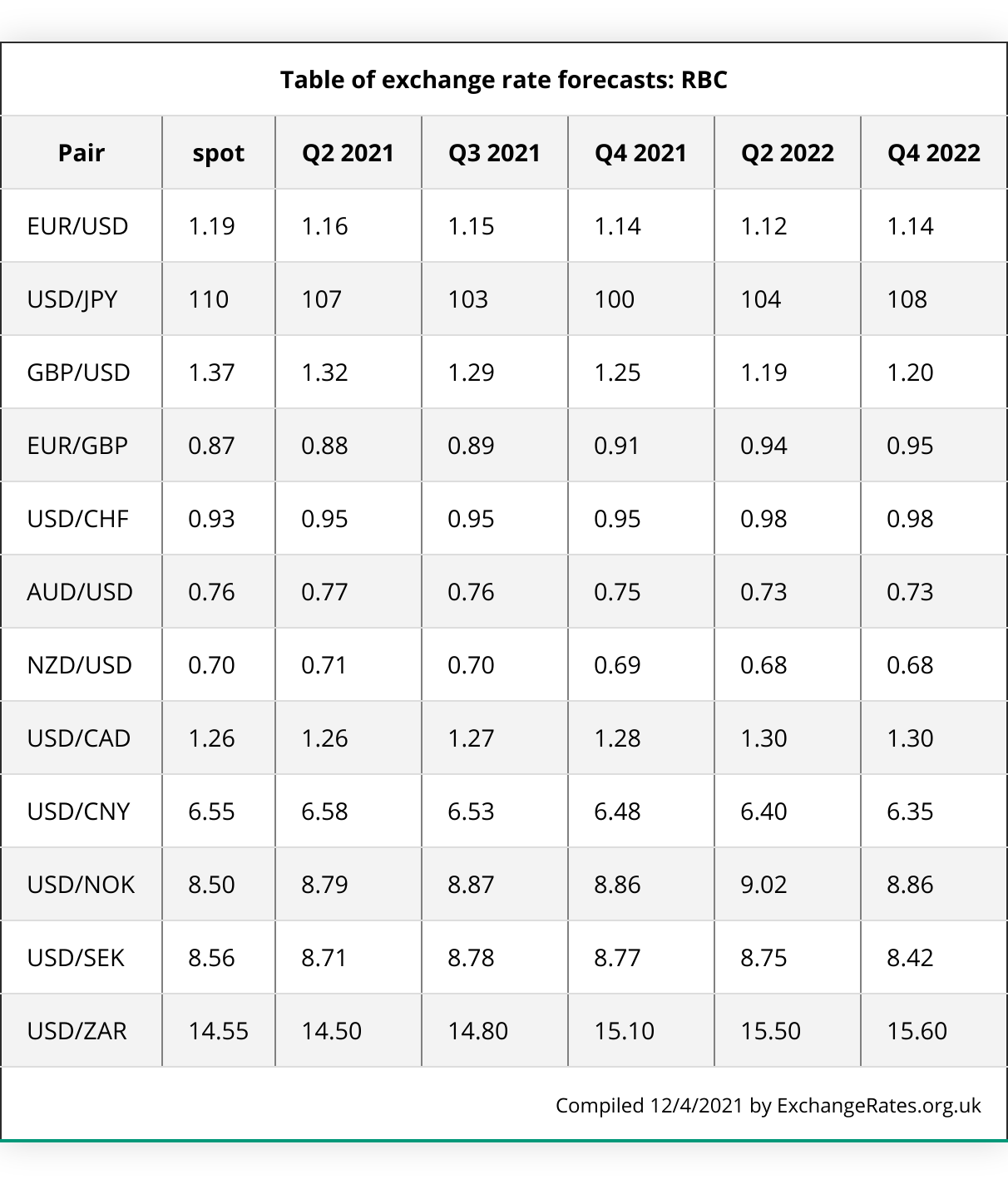OpenAI Facing FTC Investigation: Concerns And Potential Outcomes

Table of Contents
Data Privacy Concerns in OpenAI's Practices
The FTC's scrutiny of OpenAI likely centers on its data collection and usage practices. The massive datasets used to train OpenAI's models raise significant concerns about user privacy and data security.
Unfair Data Collection and Use
The investigation will likely examine whether OpenAI's data collection practices comply with existing privacy regulations like the California Consumer Privacy Act (CCPA) and the General Data Protection Regulation (GDPR).
- Concerns about Consent: The FTC is likely investigating whether OpenAI obtained adequate consent for the use of data, particularly concerning copyrighted material and personal information scraped from the internet. The lack of explicit consent for the use of personal data in training AI models is a major point of contention.
- Compliance with Privacy Laws: The investigation will assess whether OpenAI's data handling adheres to the principles of these laws, focusing on transparency, purpose limitation, and data minimization. Non-compliance could result in substantial penalties.
- Unauthorized Data Collection: The FTC will scrutinize OpenAI's methods for data acquisition, examining whether they involved any unauthorized collection or use of personal information. This aspect is crucial to determining if OpenAI violated existing data protection regulations.
Protecting Sensitive Information
Another critical concern is the potential for OpenAI's models to inadvertently leak or reveal sensitive personal information.
- Data Breaches and Misuse: The FTC will likely investigate the security measures OpenAI implemented to protect user data throughout the training and deployment of its AI models. The ability to prevent data breaches and misuse of private information is under close scrutiny.
- Data Anonymization Techniques: The investigation will likely explore the use of techniques like differential privacy and other data anonymization methods to protect sensitive information. The effectiveness of these techniques in mitigating privacy risks will be carefully assessed.
- Safeguarding User Data: The focus will be on OpenAI's overall approach to safeguarding user data, encompassing data encryption, access controls, and incident response procedures. The robustness of these measures is key to demonstrating responsible data handling.
Algorithmic Bias and Fairness in OpenAI's AI Models
AI models, including those developed by OpenAI, can inherit and amplify biases present in their training data, potentially leading to discriminatory outcomes. The OpenAI FTC investigation will likely delve deep into this crucial aspect.
Potential for Discrimination
The investigation will examine whether OpenAI's models exhibit biases related to race, gender, religion, or other protected characteristics.
- Bias Detection and Mitigation: The FTC will scrutinize the strategies employed by OpenAI to identify and mitigate bias in its models. The effectiveness of these strategies will be a major factor in the investigation's outcome.
- Fairness Testing and Auditing: The investigation may explore whether OpenAI has adequately tested its models for fairness and employed rigorous auditing procedures to detect and address potential biases. The lack of robust testing could be seen as a significant shortcoming.
- Discriminatory Outcomes: The FTC will assess whether OpenAI's models have produced or are likely to produce discriminatory outcomes in real-world applications, impacting various groups unfairly.
Transparency and Accountability
A lack of transparency in how AI models make decisions hinders efforts to identify and correct bias. Therefore, the OpenAI FTC investigation will focus on transparency and accountability.
- Explainability and Interpretability: The FTC will likely investigate the explainability and interpretability of OpenAI's models. The ability to understand how a model arrives at a specific conclusion is vital for accountability.
- Algorithmic Transparency: OpenAI's efforts to provide insights into the inner workings of its AI systems will be closely examined. A lack of transparency can hinder the identification and correction of bias.
- Accountability Mechanisms: The investigation will explore whether OpenAI has established clear mechanisms for accountability in case of biased or discriminatory outputs from its AI models.
Potential Outcomes of the FTC Investigation
The OpenAI FTC investigation could lead to several significant outcomes, shaping the future of AI development and regulation.
Fines and Penalties
Depending on the findings, OpenAI could face substantial fines for violating privacy laws or other regulations. The scale of these fines could be significant, acting as a deterrent for other companies in the AI sector.
Consent Decrees
The FTC might impose consent decrees, legally binding agreements requiring OpenAI to implement changes to its data practices and AI development processes. These decrees would mandate specific actions to address the concerns raised by the investigation.
Increased Regulatory Scrutiny
The investigation could trigger increased regulatory oversight of the entire AI industry, influencing the future of AI development and deployment. This could lead to stricter regulations and potentially slow down innovation, but also promote responsible AI development.
Conclusion
The FTC investigation into OpenAI marks a critical turning point for the artificial intelligence industry. Concerns surrounding data privacy, algorithmic bias, and potential harm emphasize the urgent need for responsible AI development and deployment. The potential outcomes of this OpenAI FTC investigation—fines, consent decrees, or increased regulation—will significantly impact OpenAI and the broader AI landscape. Staying informed about the developments in this OpenAI FTC investigation is crucial for anyone involved in or affected by the rapid advancement of artificial intelligence. Understanding the potential consequences will help shape a future of responsible innovation in this rapidly evolving field. Keep abreast of further developments in the OpenAI FTC investigation to understand the evolving regulatory environment and the future of AI.

Featured Posts
-
 India Market Update Strong Nifty Performance And Underlying Factors
Apr 24, 2025
India Market Update Strong Nifty Performance And Underlying Factors
Apr 24, 2025 -
 Minnesota Attorney General Sues Trump Over Transgender Sports Ban
Apr 24, 2025
Minnesota Attorney General Sues Trump Over Transgender Sports Ban
Apr 24, 2025 -
 Dollars Ascent Trumps Changing Narrative And Its Effect On Usd Exchange Rates
Apr 24, 2025
Dollars Ascent Trumps Changing Narrative And Its Effect On Usd Exchange Rates
Apr 24, 2025 -
 Google Fis New 35 Unlimited Plan Everything You Need To Know
Apr 24, 2025
Google Fis New 35 Unlimited Plan Everything You Need To Know
Apr 24, 2025 -
 Five Point Plan Unveiled By Canadian Auto Dealers Amidst Us Trade Tensions
Apr 24, 2025
Five Point Plan Unveiled By Canadian Auto Dealers Amidst Us Trade Tensions
Apr 24, 2025
